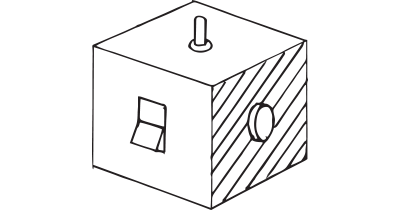


A collection of 60 product experiments that will validate your idea in a matter of days, not months. They are regularly used by product builders at companies like Google, Facebook, Dropbox, and Amazon.
Get your deck!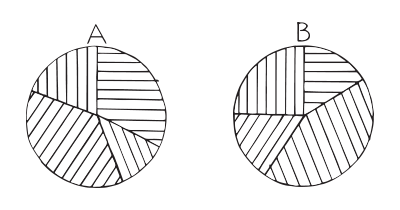
Split test versions of the same design to test which performs better
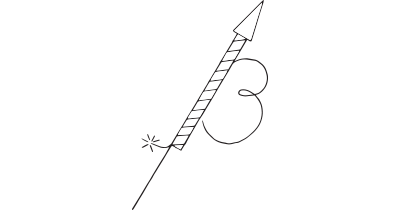
Release a feature-complete product, but with known or unknown bugs

Lay out multiple screens and allow users to navigate between them
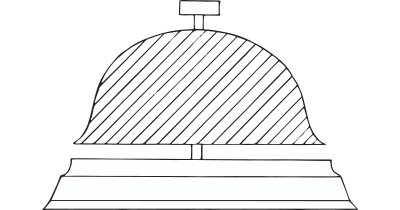
Personally deliver your service to test product satisfaction
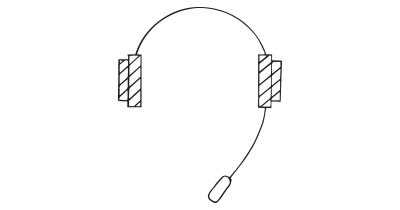
Listen in on customer service to understand user problems firsthand

Crunch and combine data to discover trends in market and user behavior
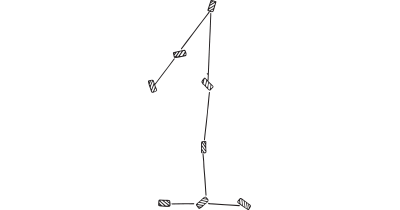
Examine what users will click on first to complete an intended task.
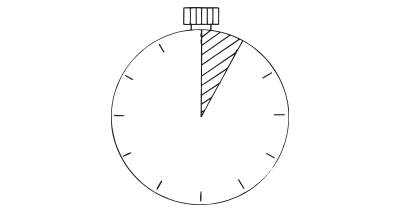
Test what users recall after just brief exposure
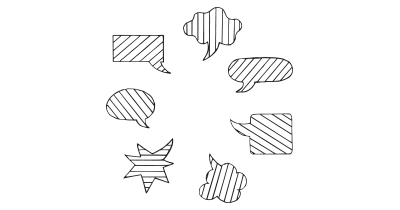
Ask a group of selected participants about their opinions and preferences
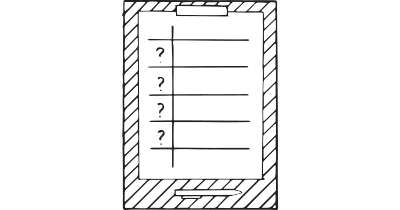
Conduct brief user tests in the wild with complete strangers
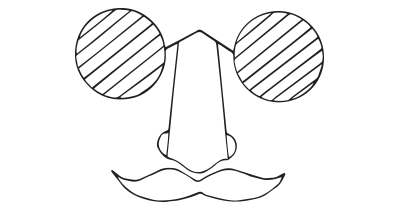
Serve a competing product to your customers as if it was your own
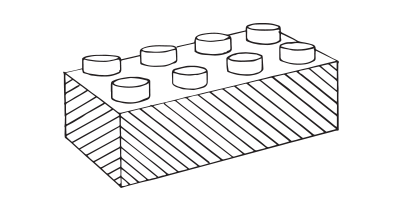
Quickly assemble and tweak a rough model of a physical product
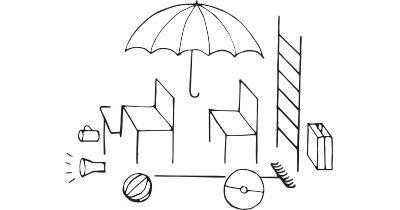
Assemble a product by piecing together third-party products
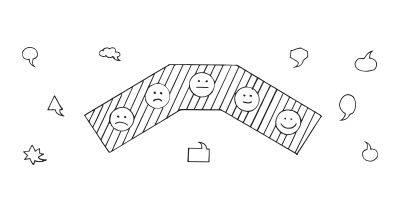
Set up short and timely in-app surveys in context of the studied feature
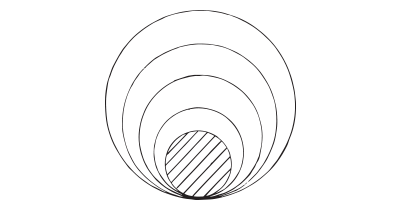
A product with just enough functionality to be viable to launch
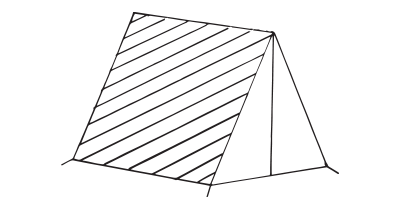
Iterate your product with customers on-site
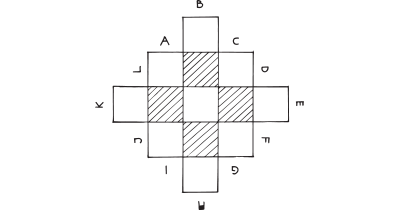
Test which combination of components performs better
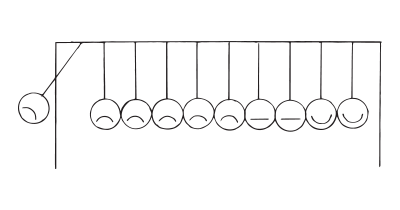
Ask how likely your customers are to recommend your product to others
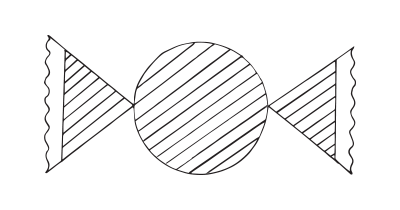
Create a teaser for your full product experience
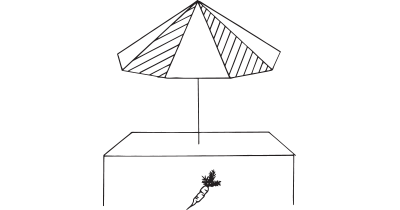
Probe demand with a temporary working solution
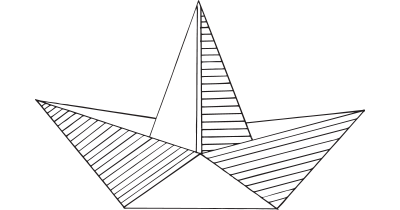
Rapidly sketch and lay out interaction design concepts on paper
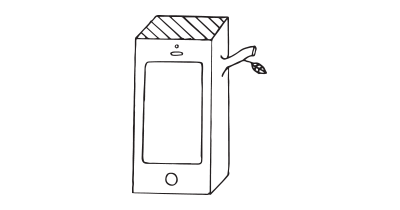
Create a fake artifact as a proxy for a real product
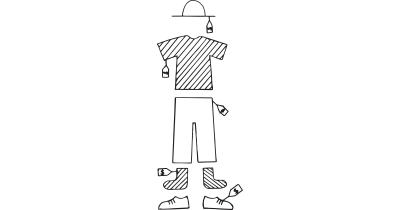
Borrow or rent what's needed to test your product before investing in it
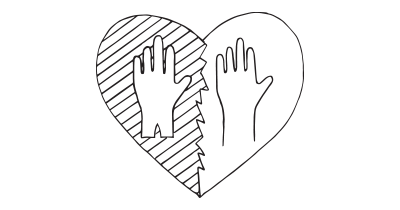
Ask users how they would feel if they could no longer use a product
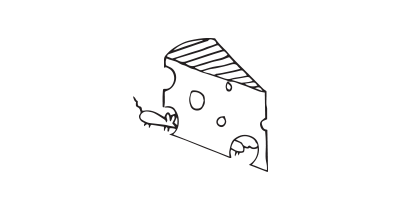
Run a test on a very small sample before launching world-wide

Conduct many unmoderated tests fast and in parallel
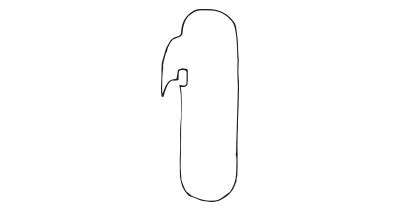
A reduced product solving one specific problem for one specific niche
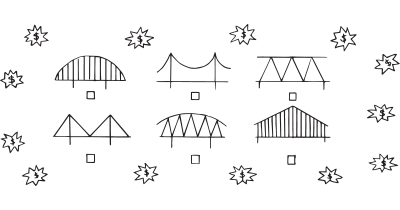
Build one or more one-page sites that advertise your (fictional) product
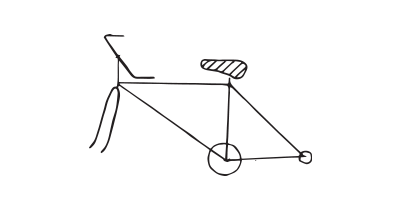
Remove or disable a feature to see if it is valued
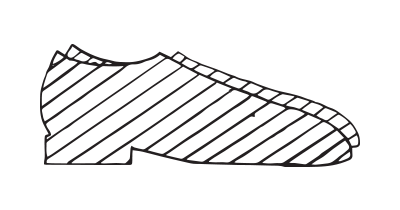
Use the product or prototype you are designing
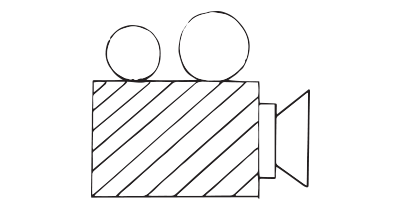
Simulate a working product through a recorded video walkthrough
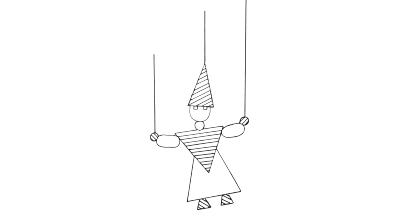
Use human power to fake automation of complex tasks
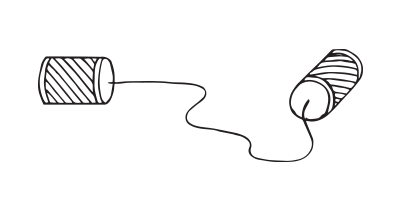
Build just enough of a feature to test its intended behavior
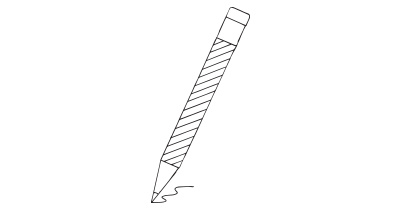
Use pre-defined questions to discover alignments and trade-offs
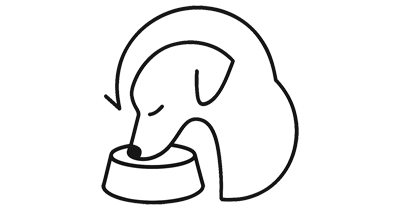
Use your own product to surface bugs and test value

Mock up your value proposition
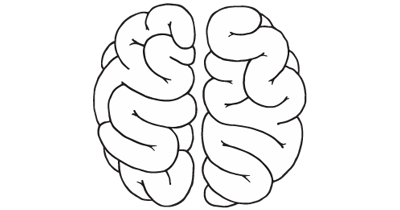
Examine mental processes in user interactions
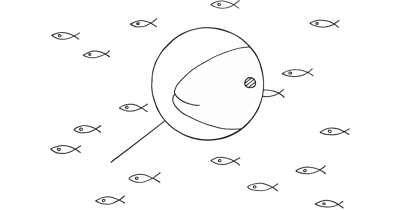
Identify market opportunities and threats
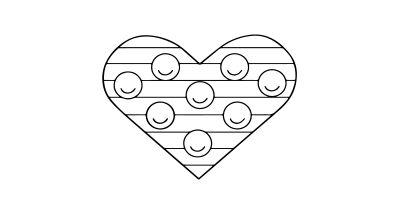
Recruit reference customers as discovery partners
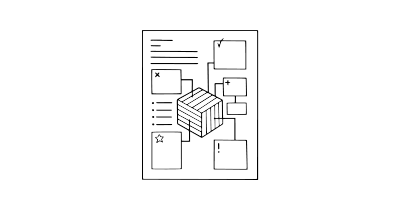
Condense your value proposition to one page
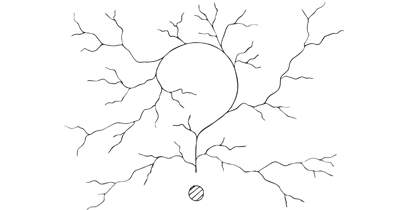
Analyze errors to improve system function

Discover existing ideas to combine, remix, and improve
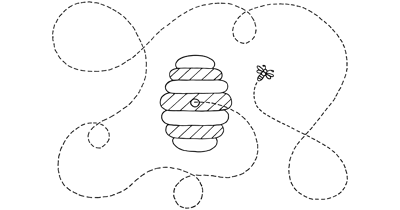
Analyze system journeys for efficiency
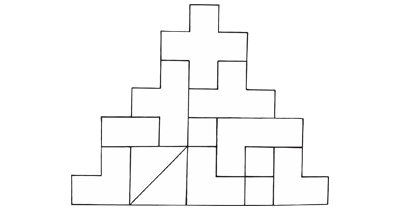
Break down tasks to optimize user workflows
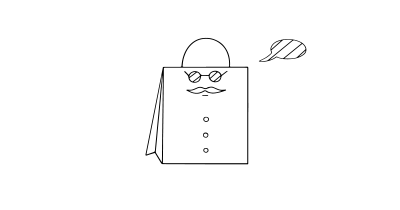
Enact a typical customer experience incognito
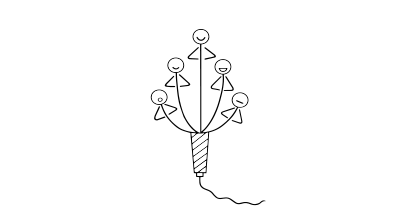
Verify feasibility of competing solutions before investing fully
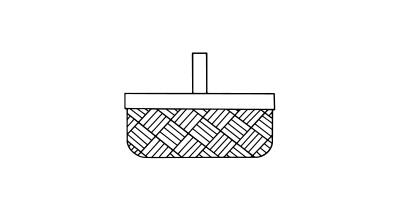
Do research on what's been tried and failed
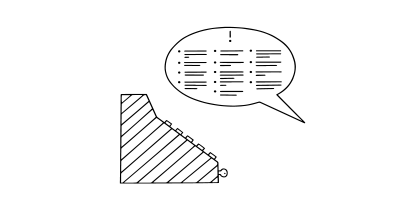
Gauge market demand through your sales team
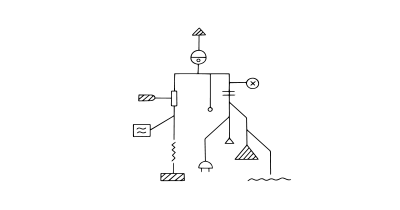
Explore technical solutions for feasibility
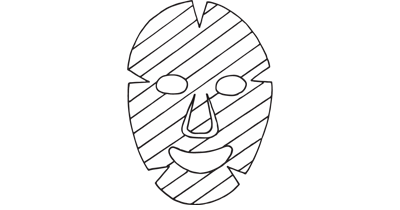
Have users vocalize their thoughts during product use
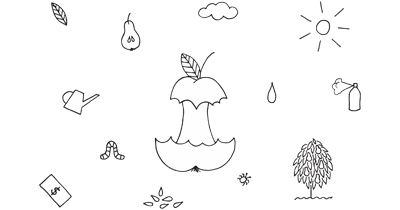
Learn from the UX of others
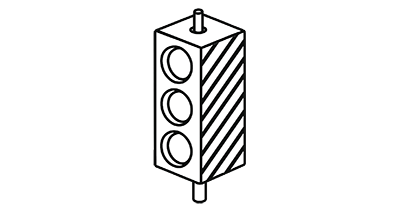
Classify product features into Must-Be, Performance, Attractive and other categories so you can rank roadmap items by their effect on customer satisfaction.
The problem might exist, but does your product actually solve the problem? There’s only one way to find out: to get your hands dirty and start experimenting.
Start validating your product by finding the cheapest and quickest possible way you can emulate either part of- or a full product experience.
At this stage, the “product” does not have to scale. In fact: build something that does not scale. Don’t spend your time on building integrations that you might need later: fake it with manual labor. In this way, it is much easier to pivot and change directions if your users didn’t respond favorably to your product.
Can you build a testable (not launchable) product without writing a single line of code?
A collection of 60 product experiments that will validate your idea in a matter of days, not months. They are regularly used by product builders at companies like Google, Facebook, Dropbox, and Amazon.
Get your deck!